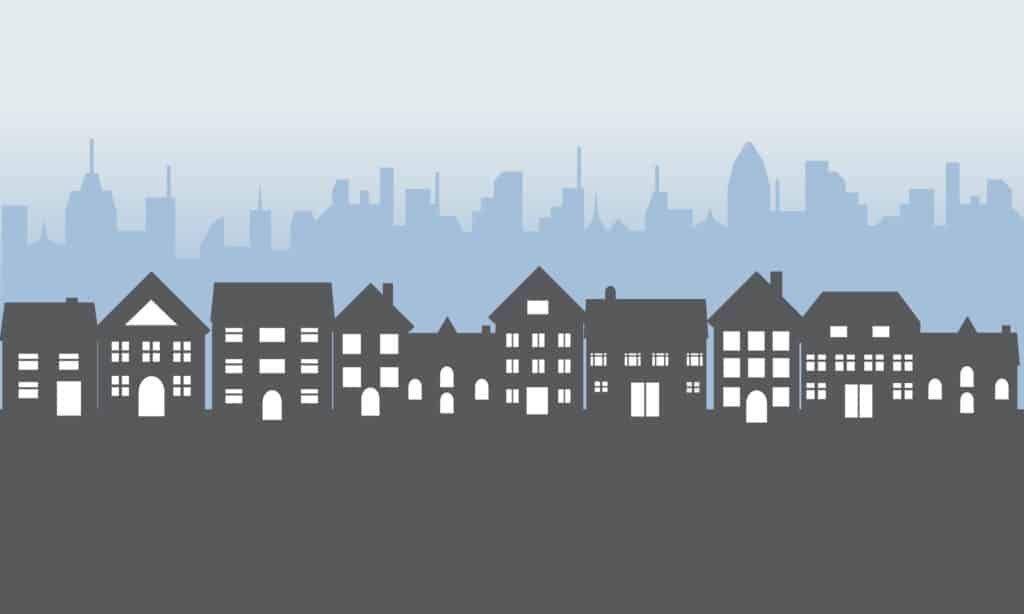5 Resources to Help Low-Income Families Manage Housing Concerns
Housing prices have been on the rise for years, and they show no sign of stopping any time soon. For low-income families, this can be a real problem. Without enough money to keep up with the rising costs, they may find themselves homeless.
There are, however, some resources available to help low-income families with their housing needs. This blog post will provide an overview of some of the best housing resources for low-income families. We’ll cover government assistance programs, private charities, and other options that may be available in your area. Keep in mind that these are just a few of the many options available, so it’s best to do your own research to find the right program for you.
Rental Assistance Programs
Arguably one of the most common and well-known forms of housing assistance, rental assistance programs can help low-income families with the cost of the rent. Rental assistance programs are usually administered by state or local governments, but there are also some private organizations that offer these services.
One of the most popular rental assistance programs you can get is the ERA, or the Emergency Rental Assistance program. It covers rent, utilities such as gas and electricity, and other necessary expenses like moving costs. It’s available to low-income families who are struggling to make ends meet.
To be eligible for emergency rental assistance, you must meet the following criteria:
-
Have at least one of your household members qualified for unemployment, have lost income, owe large expenses, or have other financial hardships.
-
Your household’s total income must be below your area’s median income.
-
You are experiencing housing instability, which means you are likely to become homeless if you don’t get help.
Section 8 Housing Choice Voucher Program
Another housing resource for low-income families is the Housing Choice Voucher Program, also known as “Section 8.” This program is administered by Public Housing Agencies or the PHAs. It provides assistance to very low-income families to afford decent, safe, and sanitary housing. Included housing in the provided assistance can be apartments, single-family homes, townhouses, and more. You are responsible for finding a home where the owner agrees to participate in the program.
To be eligible for Section 8, you should have low or very low income based on annual gross income and should be in need of better housing conditions. Go to this link to find your local PHA to apply for Section 8.
Public Housing Programs
Housing programs that are administered by the PHAs provide housing to low-income families, the elderly, and people with disabilities. There are more than 1.2 million households living in public housing units, which are owned and operated by over 3,300 PHAs.
Public houses come in different types, including high-rises, townhouses, and single-family homes. It is important to note that public housing programs are only for those who have limited to low income and are based on annual gross income and U.S. citizenship and eligible immigration status. When you apply for one, a public housing agency will check your criminal background as well as your habits and practices to see if you are eligible for the program.
Housing Grants
A form of financial assistance that does not need to be repaid, housing grants can help low-income families with the costs associated with housing. Housing grants are usually provided by federal, state, or local governments, as well as private organizations such as banks. The provided amount can be used for purchasing a home, buying rental property for housing income, or making improvements to your current home. You can also receive assistance with your utility bills and other necessary expenses as well as payment when in danger of eviction.
Those who have low-income families who might not be approved by a bank for a loan, are experiencing homelessness, or have a disability can benefit from housing grants. Applicants can be anyone from first-time homeowners to those who are trying to keep their current homes. Single, married, with children or not, you may also be eligible for a housing grant. If you have a bad credit rating, you can still apply and get approved for a grant, as it doesn’t require a credit check like loans do.
Low-Income Housing Tax Credit
Low-Income Housing Tax Credit, or LIHTC, is a program that encourages developers and investors to create or preserve affordable rental housing for low-income families. The federal government provides tax credits to developers and investors through this program. LIHTC properties can be anything from single-family homes to large apartment complexes.
In order to be eligible for the LIHTC program, you must:
-
Meet the income requirements depending on the specific property. This means you must be making below a certain amount of money each year in order to qualify. It usually needs to be less than 60% of the median income in the area where the property is located, the type of property, and the number of tenants.
-
Have no citizenship or eligible immigration requirements that need to be met.
While meeting the conditions above, you can still be denied if you have a bad credit score, criminal record, provided false information, and poor rental history. Search for low-income housing units by searching LIHTC Database or the LIHTC apartment search tool.
Final Thoughts
Having access to different housing resources for low-income families can help you take the first step in finding a place to call home. There are many options available, and each has its own specific requirements that you will need to meet. However, with a little research, you should be able to find a program that is right for you and your family.








